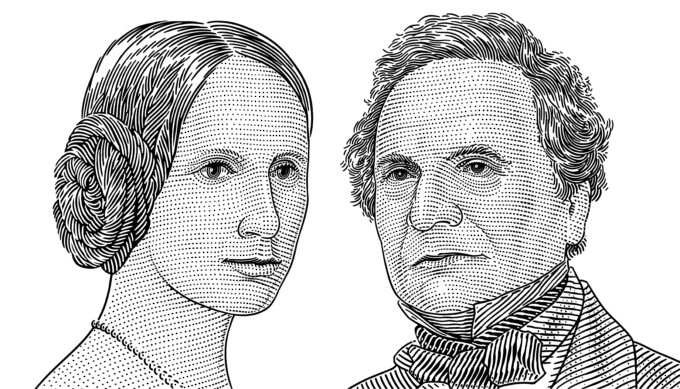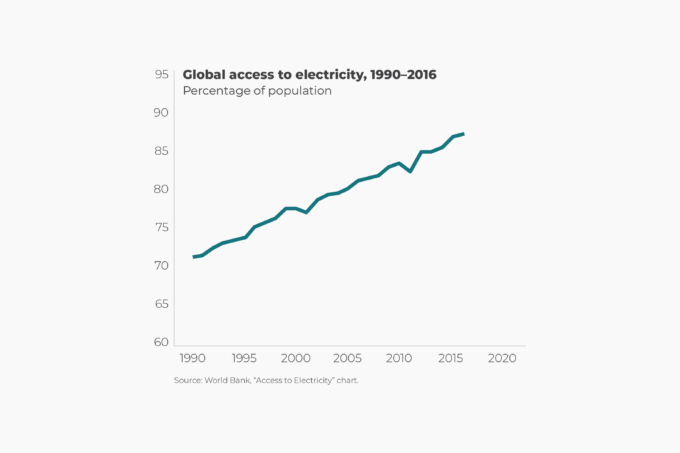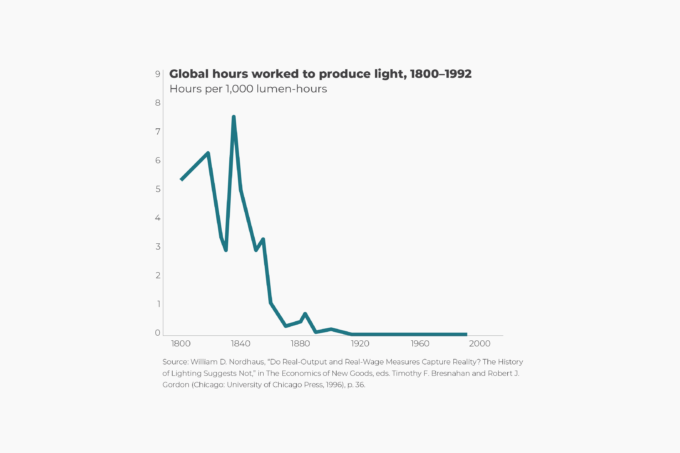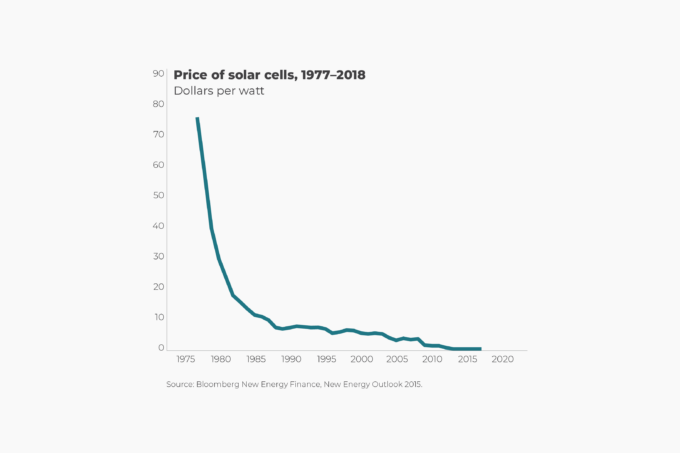The internet is one of the greatest inventions of all time. First, it is a repository of human knowledge. Search engines provide answers to virtually all questions. New books are easily accessible in digital and audio forms, while old books have been digitized en masse. Publishing and broadcasting have been democratized. People can share their ideas easily and, if need be, anonymously. Second, the internet enables easy communication. International phone calls were once very expensive. Today, video chats allow face-to-face conversations with anyone, anywhere.
Third, the internet is a productivity enhancer. Online banking allows people to conveniently view their balances, pay their bills, and make other transactions. Online shopping allows buyers to access most goods and services, compare their prices, and read product reviews. Sellers can reach more people than could ever fit in a retail store. The internet also makes it easier to raise, remit, and donate money.
It allows employees to work from home, thus avoiding costly and time- consuming commutes. Online hiring gives employers access to a worldwide talent pool. Finally, the internet has become one of the main sources of popular entertainment, allowing people to access movies, shows, concerts, and live events from the comfort of their living rooms.
Thankfully, internet use is rapidly growing. Between 1990 and 2016, the share of the world’s population with access to the internet rose from zero to 46 percent. It is expected to rise to 52 percent by 2020. In 2016, the highest number of internet users was in North America (78 percent) and the lowest was in Sub-Saharan Africa (20 percent). Those numbers are likely to increase, because the cost of the internet “transit price”—or sending data from one computer to another—fell from $1,200 per megabit per second in 1998 to $0.63 in 2015.
Plans are also afoot to bring the internet to some of the poorest people in the world. Currently, internet traffic flows through expensive fiber-optic cables. Mark Zuckerberg’s Facebook and Elon Musk’s SpaceX are working on a system of internet satellites designed to provide low-cost internet service from Earth’s orbit. Google, in the meantime, wants to launch high-altitude internet balloons to the stratosphere, where they will catch a ride on wind currents to their destinations in the developing world.








